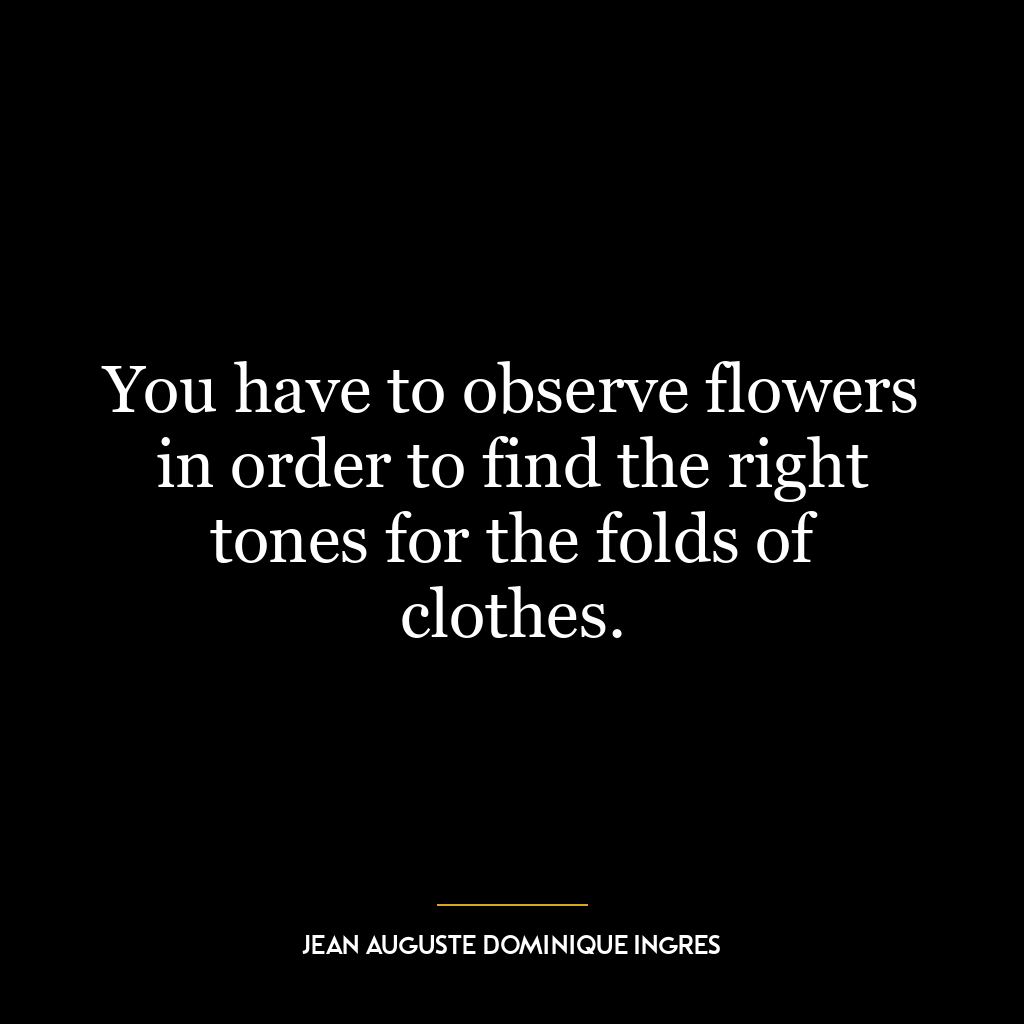A casual stroll through the lunatic asylum shows that faith does not prove anything.
This quote is a reflection on the nature of faith and its role in shaping our beliefs and perceptions. It suggests that faith, despite its power to inspire and guide, doesn’t necessarily establish the truth or validity of something. The analogy of a lunatic asylum is used to highlight the idea that people can have absolute faith in distorted realities or irrational ideas, indicating that faith is not a reliable proof of truth.
In the context of personal development, this quote might be seen as a call to question our beliefs and assumptions, to not accept anything blindly just because we have faith in it. It urges us to seek evidence, to reason, and to use our critical thinking skills to discern the truth. It’s about not letting our faith cloud our judgment or distort our perception of reality.
In today’s world, this idea is particularly relevant. With the rise of fake news and misinformation, it’s more important than ever to critically evaluate the information we receive, even if it aligns with our existing beliefs or faith. Just because we want to believe in something doesn’t make it true. Similarly, in the realm of politics, science, religion, and even personal relationships, it’s essential to question, to doubt, and to seek evidence rather than relying solely on faith.
This quote, therefore, is a reminder of the importance of critical thinking and the dangers of blind faith. It encourages us to strive for truth and rationality in a world where faith can sometimes lead us astray.















